Faith can be a powerful force that shapes a person’s values, guides their decisions, and offers a deep sense of purpose.

However, when life presents complex situations, a person’s relationship with a higher power doesn’t always provide clear-cut answers. For many, navigating the tension between religious beliefs and the realities of the modern world can be a challenge, forcing them to make tough moral choices.
Whether it’s balancing personal convictions with societal norms, handling relationships with those who believe differently, or facing ethical gray areas, people of faith often find themselves grappling with dilemmas that don’t have easy solutions. Here are some of the most common moral struggles that arise when faith plays a central role in life.
1. Choosing between truth and kindness

Many faiths emphasise honesty, yet they also encourage kindness and compassion, but what happens when telling the truth could hurt someone? Is it better to be brutally honest or to soften the truth to spare someone’s feelings?
People of faith often struggle with where to draw the line between truth and grace, especially when their beliefs call for both. Striking this balance can be particularly challenging in sensitive situations like family conflicts, friendships, or workplace interactions.
2. Deciding how to respond to people with different beliefs

Most religions encourage love and respect for other people, yet they also teach adherence to a specific truth. That can create a lot of internal conflict when dealing with those who hold different beliefs or lifestyles. Some feel torn between standing firm in their convictions and avoiding judgement or exclusion of others. The challenge lies in embracing their faith while still treating people with acceptance and compassion, even when values clash.
3. Balancing forgiveness with accountability
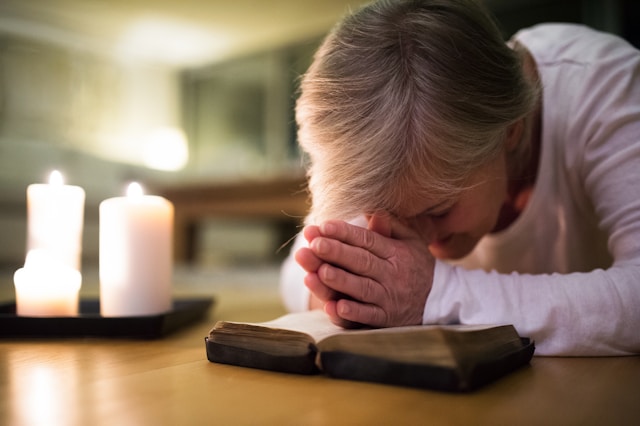
Many religious teachings emphasise the importance of forgiveness, urging believers to let go of resentment and move forward. But does forgiveness mean excusing harmful behaviour? Should someone continue to engage with a person who repeatedly hurts them? Religious people often wrestle with whether forgiving someone means restoring the relationship or simply letting go of bitterness while still maintaining boundaries.
4. Handling doubts and uncertainty
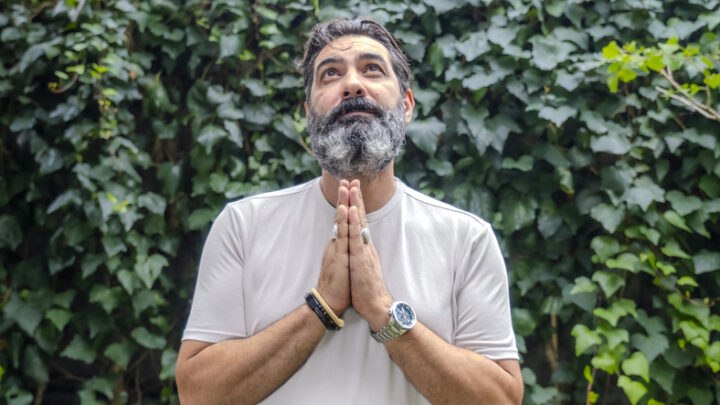
Faith is meant to be a source of strength, but what happens when someone begins to question aspects of what they believe? Is doubt a natural part of faith, or does it signify a lack of trust in their beliefs? For many, struggling with questions about their religion can feel like a betrayal. They may be afraid of judgement from their community or even from themselves, making it really hard to navigate their faith journey with honesty.
5. Managing expectations around generosity and financial security

Many faith traditions are advocates of charity, encouraging believers to give generously to those in need, but where is the line between generosity and personal responsibility? Some religious people may struggle with whether to prioritise helping other people or securing their own financial future. Should they donate when they’re struggling themselves? Are they being selfish if they don’t give as much as they could?
6. Deciding how to engage with modern social issues

Faith traditions are often rooted in centuries-old teachings, yet society is constantly evolving. Issues like gender equality, LGBTQ+ rights, and scientific advancements can create moral dilemmas for those trying to balance faith with modern values. Some may feel torn between upholding traditional religious teachings and embracing change in a way that aligns with compassion and justice.
7. Navigating romantic relationships with differing beliefs
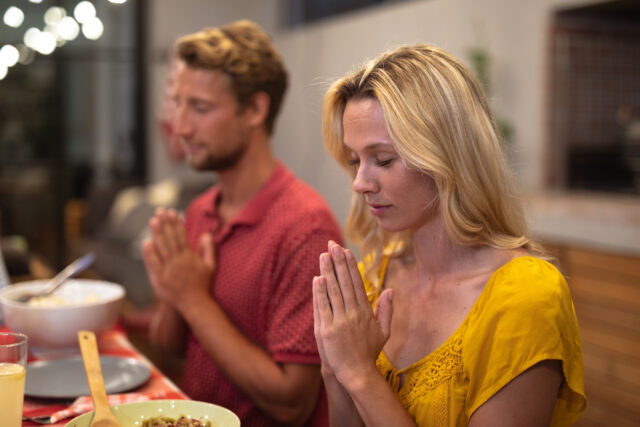
Many faiths encourage marriage between people of the same belief system, but what happens when someone falls in love with a person who doesn’t share their faith? Choosing between love and religious expectations can be painful. Some may worry about the long-term impact of differing values, while others struggle with pressure from family or religious communities.
8. Standing up for beliefs in professional settings
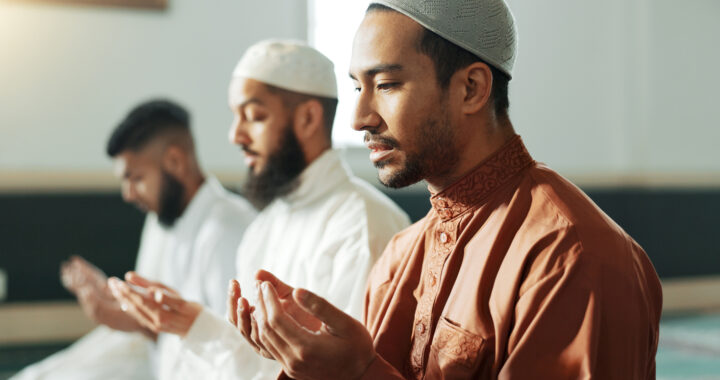
Faith can influence moral and ethical decisions at work, but not every workplace aligns with religious values. Should someone speak up when they see unethical behaviour? Should they take a stand when company policies clash with their beliefs? Many professionals find themselves questioning whether to compromise or stay true to their convictions, especially when doing so might affect job security or career advancement.
9. Choosing between loyalty to faith and personal relationships

Sometimes, religious teachings and personal relationships come into conflict. What happens when a family member or close friend makes choices that go against one’s faith? People of faith often struggle with how to maintain love and connection while still being true to their religious convictions. The fear of being seen as judgemental or of straining relationships can make this especially tough.
10. Determining how much to follow religious traditions

Faith traditions come with rituals, customs, and expectations, but in today’s world, not everyone follows them in the same way. Is it wrong to pick and choose which aspects of faith to follow? Some people feel guilty for not practising every part of their religion, while others wrestle with whether strict adherence is necessary for spiritual fulfilment.
11. Dealing with suffering and injustice
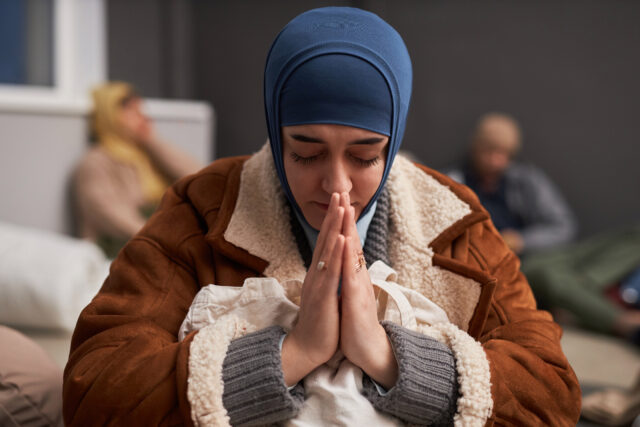
One of the most difficult questions for people of faith is why bad things happen, especially to good people. If their faith teaches that a higher power is in control, how do they reconcile suffering, illness, and injustice? For many, this dilemma shakes their faith, making them question how to trust in divine purpose when faced with life’s harshest realities.
12. Responding to judgement from religious communities

Sometimes, the biggest moral dilemmas don’t come from outside influences, but from within faith communities themselves. What happens when religious expectations feel rigid, or when someone feels judged for their personal choices? People of faith may feel torn between conforming to religious norms and staying true to their personal convictions. Finding a balance between spiritual integrity and avoiding alienation can be challenging.
13. Figuring out what it really means to live by faith
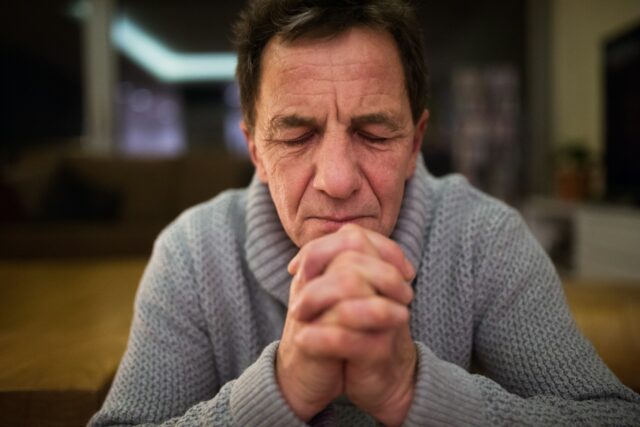
At the core of all these dilemmas is a larger question—what does it truly mean to live by faith? Is it about following every rule? Is it about love and kindness? Or is it a personal journey that looks different for everyone? These people often find themselves reevaluating what it means to be devoted, spiritual, or religious. The challenge isn’t just about right and wrong; it’s about understanding how faith fits into the ever-changing complexities of life.



